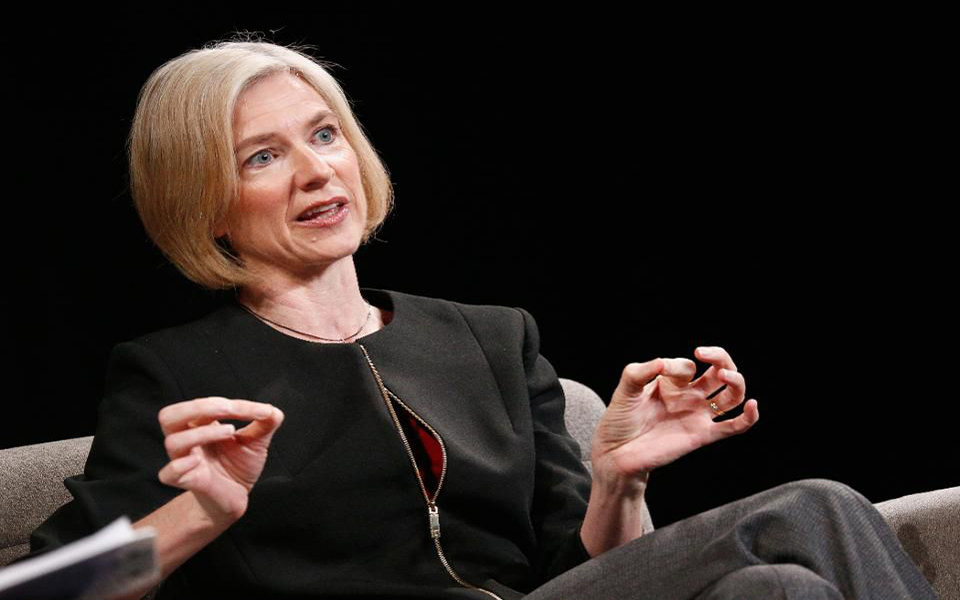CRISPR pioneer Doudna envisions a world of woolly mammoths and unicorns
If there was one misstep that doomed the long and bitter fight by the University of California to wrest key CRISPR patents from the Broad Institute, it was star UC Berkeley scientist Jennifer Doudna’s habit of being scientifically cautious, realistic, and averse to overpromising.
A biochemist who co-led a breakthrough 2012 study of CRISPR-Cas9, Doudna repeatedly emphasized in interviews the challenges of repurposing the molecular system, which bacteria use to fend off viruses, to edit human genomes. The U.S. patent office, in a February ruling that let the Broad keep its CRISPR patents (for now), relied heavily on those statements — “We weren’t sure if CRISPR/Cas9 would work in … animal cells,” for example — to conclude that when scientists at the Broad CRISPR’d human cells in 2013, it was a non-obvious advance and therefore deserving of patents. It goes on sale Tuesday.
This Doudna doesn’t hold back. We are “on the cusp of a new age in genetic engineering and biological mastery,” she and Sternberg write, dangling the prospect of “life-changing treatments” and “lifesaving cures.” She says she is “not kidding” that CRISPR could bring about “woolly mammoths, winged lizards, and unicorns. … It won’t be long before CRISPR allows us to bend nature to our will.”
The hyperbole contrasts with CRISPR’s stumbles, including altering parts of genomes (in lab studies, not patients yet) it wasn’t supposed to. “I don’t think we’ll have a version of CRISPR that’s 100 percent perfect, so it comes down to a risk-benefit analysis,” Sternberg, a biochemist at Caribou Biosciences (which Doudna co-founded), said in an interview. “There has been phenomenal progress in understanding off-target effects; I think it’s a solvable problem. … We have every reason to be optimistic but I hope we avoided overhyping and didn’t give the impression that there would be windfall of cures in the next couple of years.”
This is not a tell-all. The farthest Doudna goes in addressing the patent fight — a “disheartening twist” — is to say that because of such rivalries she experienced “the gamut of human relationships, from deep friendships to disturbing betrayals.” She doesn’t name the betrayers…


